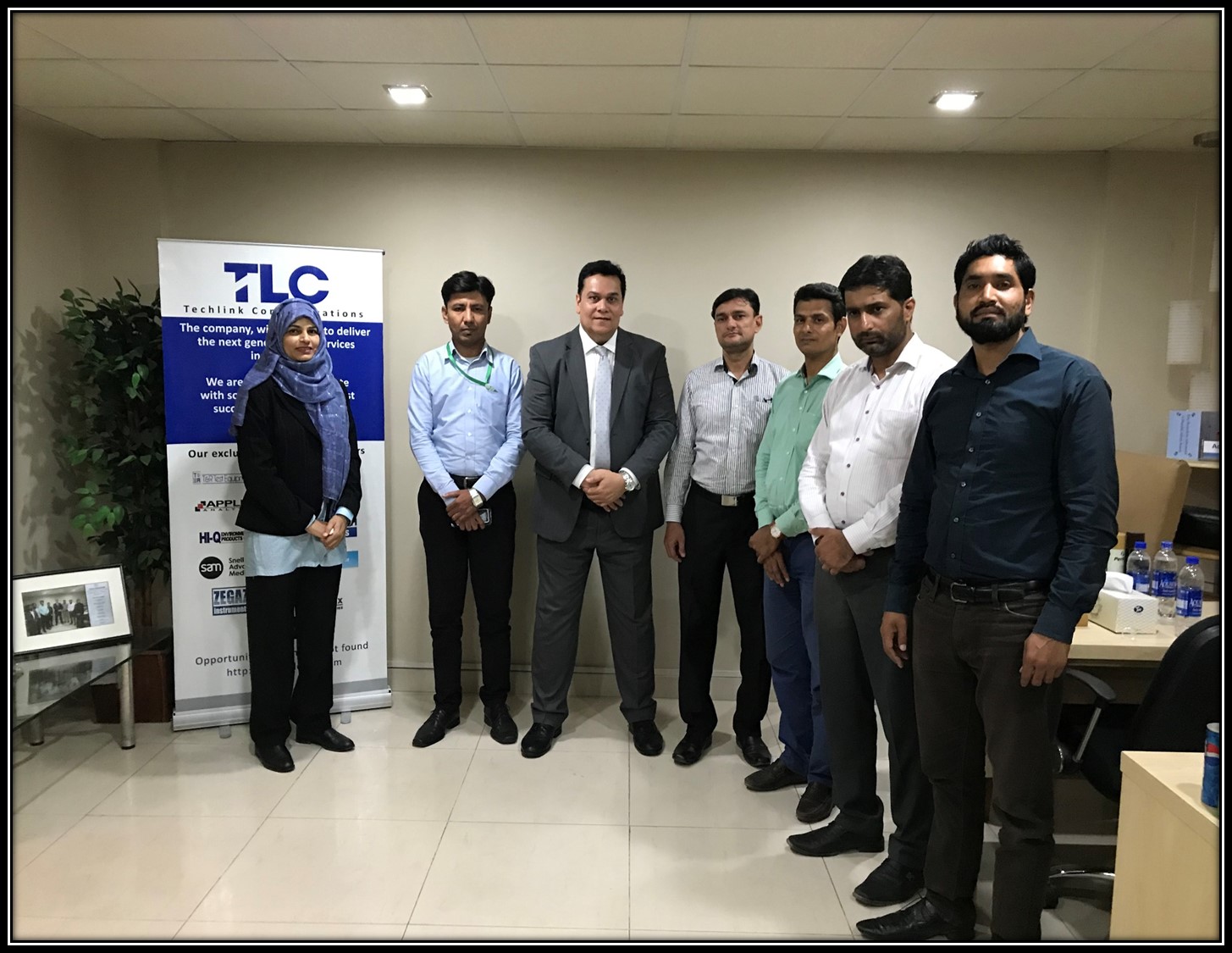               |
               |
Customer onsite workshop can also be conducted for customers in Lahore, and Islamabad
This course is designed to provide you all what is needed to underatand Storage Area Network. This two day face-to-face instructor led class is designed to develop Cloud Storage technology skills and strategies associated with managing the explosive growth of business data across the enterprise in today's networked economy. This storage training course is vendor neutral and it makes the students completely familiar with lot of technologies surrounding over various complex issues and solutions. Training will be delivered by an experienced trainer with 25+ years of career experience imparting education and training services both locally and internationally and have served international enterprise technology vendors including IBM, Fujitsu, and ICL. Our instructor holds various industry professional certifications in the space of enterprise servers and storage technologies, Information Security, Enterprise Architecture, ITIL, Cloud, Virtualization, Green IT, and a co-author of 10 IBM Redbooks. The training course flow will be a mix of lectures & classroom discussions so that participants can have a detailed understanding of various components of Cloud Storage technologies discussing different technology scenarios. TARGETED AUDIENCE:
Participants should have basic level of understandings of Information Technology. COURSE OUTLINE

|
|
|
|
|

MCB Bank Limited and Telenor Microfinance Bank has attended a two day comprehensive workshop on "Cloud Storage - The New Paradigm for Storage Technology" on April 18 - 19, 2018. |
      
|